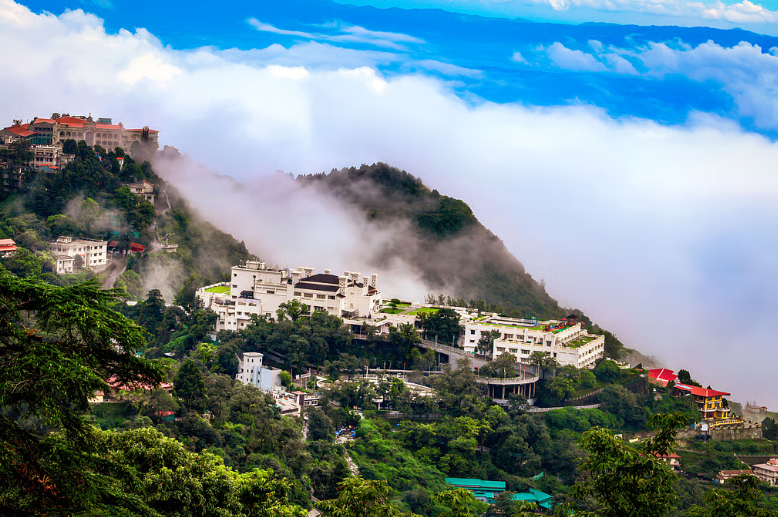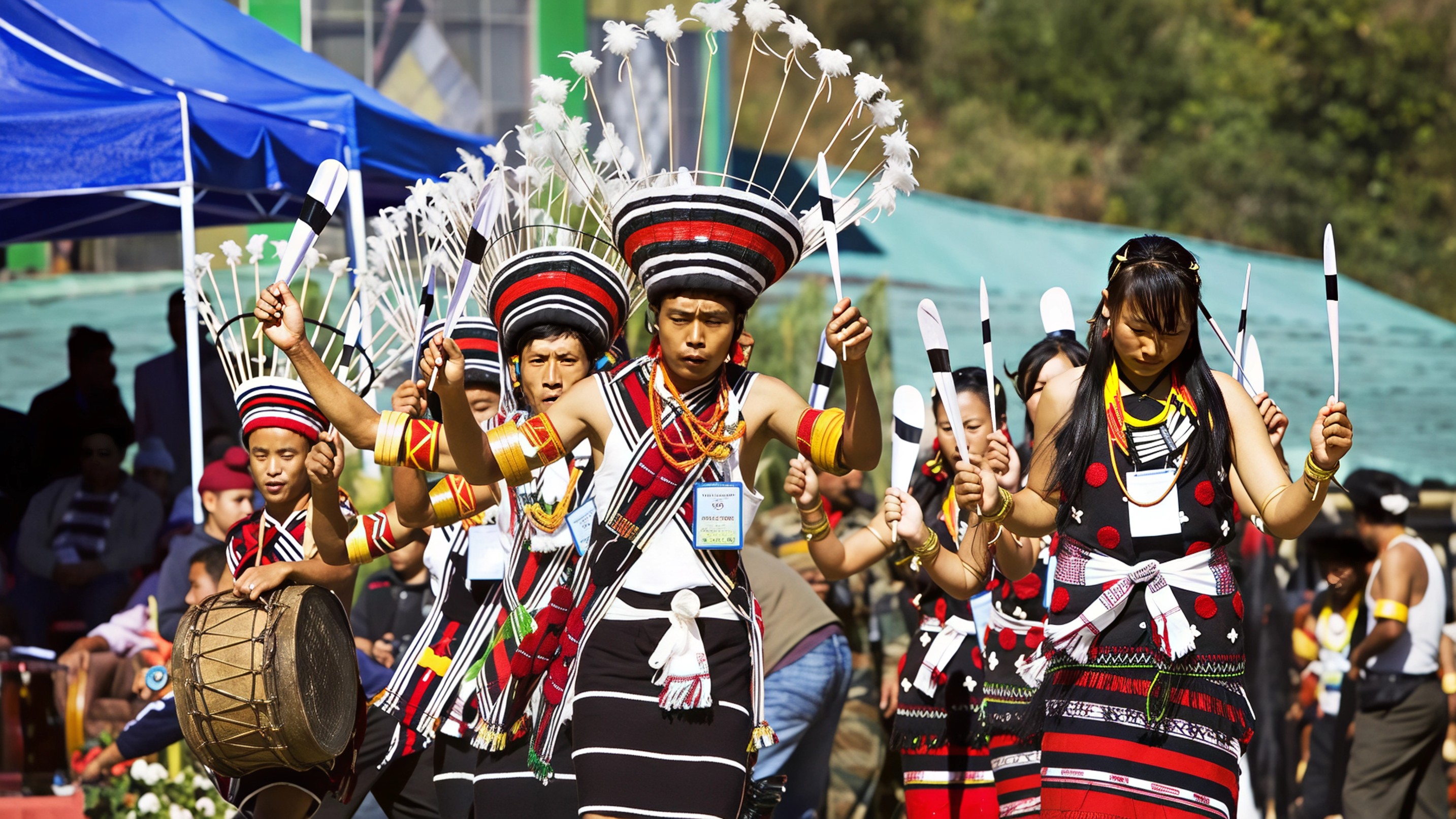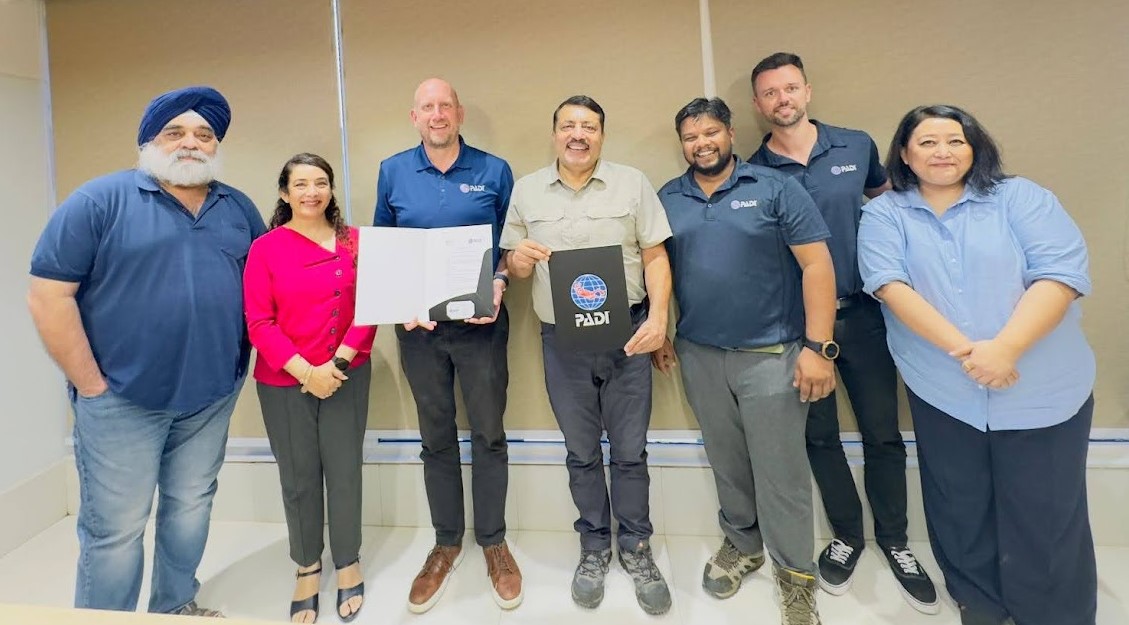Mussoorie, the Queen of the Hills, is introducing a major change in how tourists access the destination. Starting August 1, the Uttarakhand government has made online registration mandatory for all visitors heading to the popular hill station. The decision comes in response to the massive tourist influx, rising ecological pressure, and increasing incidents of traffic-related disruptions that have plagued the region in recent years.
Once a peaceful getaway with winding roads and misty valleys, Mussoorie has seen a steep surge in footfall. In just two years, tourist numbers have nearly doubled. On peak weekends, the narrow lanes of the town often witness gridlocked traffic, overflowing parking zones, and long queues even at basic facilities. In one weekend of July alone, over seventy five thousand tourists visited the town, choking access roads and creating major pressure on local resources.
The new registration system has been launched with the intention to improve traffic management, emergency response, and infrastructure readiness. Instead of restricting entry, the move is designed to help authorities monitor real-time tourist inflow and respond efficiently to crowd and waste management needs. For travellers, this means a smoother, safer and more streamlined experience provided they complete the mandatory online registration.
Tourists must log on to the official Dehradun Smart City portal and fill in basic travel details including number of passengers, vehicle registration, travel dates, and accommodation. Once the form is submitted, an OTP is sent to the provided mobile number for authentication. International travellers will need to use email for verification. The confirmation, either on phone or as a printout, needs to be shown at entry points such as Kincraig and Picture Palace, where checkpoints are now in place to validate every visitor.

There are no restrictions yet on the number of tourists allowed. This is not a permit or entry pass but a data collection process to help authorities manage the rising number of visitors more effectively. However, officials have clearly stated that visitors who fail to register in advance could face delays or may even be denied entry during high-traffic periods. Registration is free, but compulsory.
This decision also comes after growing ecological concerns flagged by various environmental panels, including one appointed by the National Green Tribunal. Experts have warned that Mussoorie is inching dangerously close to the kind of environmental strain seen in other Himalayan towns like Joshimath. Land subsidence, unchecked construction, vehicular pollution, and water scarcity have pushed the region to a tipping point.
There have also been tragic consequences. Earlier this year, a tourist from Delhi lost his life when an ambulance carrying him got stuck in traffic and could not reach the hospital in time. Such incidents have become wake-up calls for both the public and the administration. Residents have voiced repeated concerns about failing infrastructure, blocked roads, and the overall quality of life during tourist peaks.

The registration system is part of a larger plan to balance tourism with sustainability. While the travel and hospitality industry had initial reservations, fearing the rule might discourage spontaneous trips, the Tourism Department assured that the system was developed after extensive consultations with hotel owners, transport unions, and local welfare groups. The interface has been optimised for ease of access on mobile devices, ensuring even elderly or less tech-savvy tourists can complete the process without hassle.
For tourists planning a trip, it is highly recommended to register at least a day before arriving. This ensures hassle-free entry and helps avoid potential hold-ups at the checkpoints. It is also a good idea to monitor traffic advisories and weather conditions through official channels like the Uttarakhand Police or the Dehradun administration’s social media handles.
Mussoorie remains a timeless destination, with its lush green hills, colonial charm, and cool weather. But like many beautiful places across the Himalayas, it needs to find a balance between welcoming visitors and preserving its delicate environment. The mandatory registration system is not just a rule it is a step toward responsible tourism.
For more travel updates, destination tips and real-time advisories, follow Travel Moves on Instagram and Facebook. Stay informed, stay safe, and enjoy your travels responsibly.








